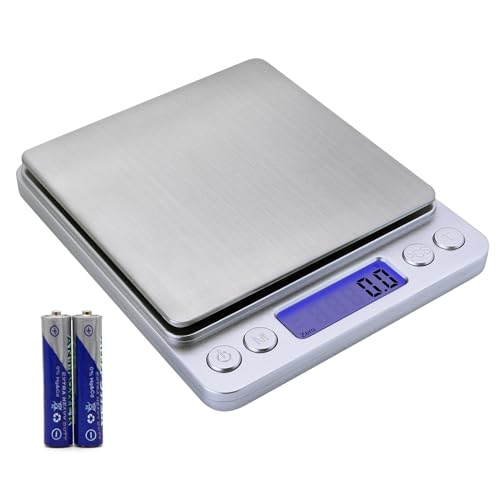12. Again, I returned the soap to the pot and began to gently warm and melt the curds. After the melting process was well underway, I added 3% sodium lactate (based on the original weight of the scrap) to help smooth out the texture of the soap. I kept stirring and warming the soap until it turned into a smooth gravy-like mass.
13. I poured the soap into one of my wooden molds. It was at this point that I realized my mistake in not letting the soap drain and dry longer. Liquid started to drain out of the ends of the mold. I sighed, put the mold in a cookie sheet, and resigned myself to the inevitable mess.
You can see the paper to the left of the mold where I dropped samples of the soap as it changed. The top four dabs are from the first pass, when the soap was the darkest. The bottom four dabs are from the second pass and molding-up steps. The numbers by each dab is the time the sample was taken.
Boyago's method of just letting the curds dry without molding is probably a better option especially if you want to eventually powder the soap as he did. I just wanted to see how this soap would mold up. I'm sure there will be a lot of shrinkage as the bars lose a tremendous amount of water, but it will be an interesting experiment to follow.
14. The soap doesn't taste particularly salty, but I'm sure it has more salt in it than usual. I was wondering how that residual salt would affect the lather. I'd say the lather is okay but not any better than okay. I hope it will improve as the soap dries out and cures.



13. I poured the soap into one of my wooden molds. It was at this point that I realized my mistake in not letting the soap drain and dry longer. Liquid started to drain out of the ends of the mold. I sighed, put the mold in a cookie sheet, and resigned myself to the inevitable mess.
You can see the paper to the left of the mold where I dropped samples of the soap as it changed. The top four dabs are from the first pass, when the soap was the darkest. The bottom four dabs are from the second pass and molding-up steps. The numbers by each dab is the time the sample was taken.
Boyago's method of just letting the curds dry without molding is probably a better option especially if you want to eventually powder the soap as he did. I just wanted to see how this soap would mold up. I'm sure there will be a lot of shrinkage as the bars lose a tremendous amount of water, but it will be an interesting experiment to follow.
14. The soap doesn't taste particularly salty, but I'm sure it has more salt in it than usual. I was wondering how that residual salt would affect the lather. I'd say the lather is okay but not any better than okay. I hope it will improve as the soap dries out and cures.

















































